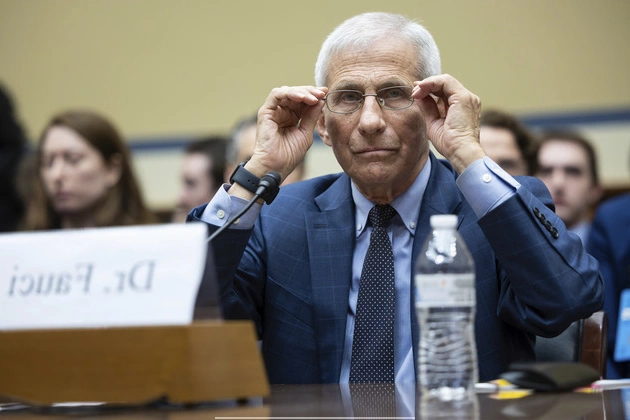
The Fallout at NIH: Fauci’s Allies Removed
Robert F. Kennedy Jr., known for his anti-vaccine stance, has initiated a significant shakeup at the National Institutes of Health (NIH) by dismissing key figures involved in the Covid vaccine efforts.
Among those affected are Christine Grady, Fauci’s wife, and several long-serving colleagues, including Clifford Lane and Emily Erbelding.
Repercussions and Reactions
The sudden removal of these officials has sent shockwaves through the public health community, with many questioning the motives behind these decisions.
Dr. Eric Topol expressed his concern, stating, “So many of these people are just dedicated, they really want to do good and now they’re losing their jobs senselessly.”
Kennedy’s Agenda and Criticisms
Robert F. Kennedy Jr.’s actions are seen as part of a broader effort to overhaul scientific leadership within public health agencies, signaling a shift in priorities towards prevention.
However, Kennedy’s past criticisms of the Covid response and promotion of conspiracy theories have raised doubts about his intentions.
The Future of Public Health Leadership
As Kennedy continues to implement changes, concerns linger about the impact on critical areas like HIV research and vaccine development.
Experts like Peter Staley worry about the implications of these moves, stating, “I weep for our nation’s ability to fight infectious diseases.”
Looking Ahead
With Fauci’s allies ousted and new faces taking the reins, the landscape of public health leadership is evolving rapidly. The repercussions of these changes are yet to be fully understood.











